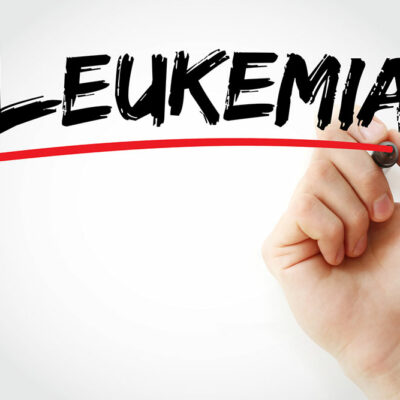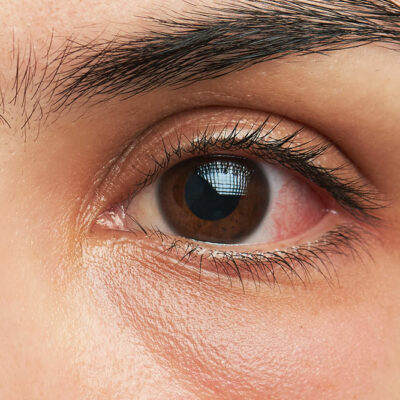
Diagnosing ADHD in children and adults
Attention deficit hyperactivity disorder (ADHD) is quite common in adults and children. The diagnosis of ADHD depends on the symptoms. The said person, be it a child or an adult, could show one or all the symptoms associated with ADHD. Also, the symptoms should be present in more than one setting and should have been present since the age of 12 in the diagnosed patient.
There are three types of ADHD that can affect an individual.
Diagnosis of ADHD in children
The diagnosis of ADHD in children can be made by
- pediatricians,
- psychiatrists, and
- child psychologists.
Furthermore, such healthcare providers would gather information from different sources such as schools, parents, and caregivers, to understand the ambit of the ADHD.
The health care provider will match and observe the data collected to that obtained from children of the same age. The health care provider may use a standardized scale to measure the behavior of the child.
Here are some rare symptoms that children may show which can be included in the diagnosis:
- Inattention
- Hyperactivity
- Impulsivity
Apart from this, the symptoms in the inclusion of ADHD for children are:
- Squirming or fidgeting
- Makes careless mistakes
- Are easily distracted
- Lose things often
- Are in constant motion
- Do not finish their tasks
- Do not seem to listen
The diagnosis includes a full body test and a scan of the brainwaves to understand the theta and beta ratio; this scan is performed on children between the ages of 6 –17 years only.
Diagnosing ADHD in adults
Diagnosis of ADHD in adults is harder. There may be times when the adult recognizes the symptoms when their children are diagnosed, or they seek the help of a healthcare professional. Often, the symptoms of ADHD are related to depression or anxiety in adults.
Apart from inattention and/or impulsiveness in adults, other symptoms that are related to ADHD include
- Anxiety
- Poor organizational skills
- Employment problems
- Difficulty in finishing a task
- Short temper
- Difficulty in controlling behavior
- Restlessness
- Unthinking and immediate response
- Chronic lateness and forgetfulness
- Anxiety
- Low self-esteem
If the above-mentioned symptoms are not managed or controlled, they can cause occupational, personal, academic and social problems.
For an adult to be diagnosed with ADHD, the adult should show such signs and symptoms that are consistent and have been present since childhood. Although the symptoms are similar to those found in children with ADHD, a thorough analysis is required.
Apart from the symptoms, the diagnosis of ADHD could include
- Psychological testing
- Thorough physical tests of the adult, which also includes neurological testing
- A history of behavior since childhood
- An interview with the life partner, friends, colleagues, and other significant people.
The diagnosis will look into everything, be it a child or an adult, thoroughly.


